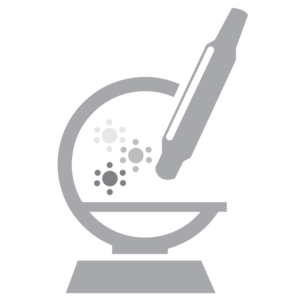
Immunology (IMM) is the discipline of biology that examines the mechanisms of host defense against pathogenic agents. The study of the immune system offers a unique opportunity to analyze a complex multicomponent system consisting of molecules and cells that have documented physiologic relevance. Immunology has a strong foundation in biochemistry, molecular biology and cell biology.
We recognized our program as a top program in the nation and we aim to retain that standing, along with our reputation for rigor and high standards. Supporting and promoting student wellness, success, and resilience is at the center of this goal. The primary objective of the program is to provide our students with a solid foundation of skills as a scientist overall and specifically in the conduct of immunology research. The program aims to achieve this by providing formal educational training to our students, while also incorporating our students in semi-formal and informal settings, incorporating them in all that we do as faculty to sharpen our own skills and keep abreast of our fields. We provide opportunities for our students to interact weekly with each other as they present annual progress talks on their research, and we aim for high levels of participation by affiliated faculty at these events. In addition, we provide weekly opportunities to meet with and host outside immunology speakers in our seminar series. We set up these opportunities so that our students regularly interact with other immunologists at a variety of career stages, including postdocs and junior faculty.
WashU School of Medicine has a large community of investigators who make immunology their primary focus. The research within our program spans a broad spectrum, ranging from studies at the basic structural and molecular levels of host defense all the way to clinical applications directed at significant health problems, such as cancer immunotherapy. The program in Immunology has grown to include more than 100 research laboratories and continues to increase. This unusual concentration of immunologists was the stimulus that led to the founding of the Immunology graduate program in 1986.
DBBS offers a student-driven course of study that is a flexible, personalized learning pathway designed and led by the student, with oversight and guidance by faculty and staff. This model entrusts and empowers students to take ownership of their education by identifying their academic interests, setting learning goals, and curating a curriculum that aligns with their intellectual passions and career aspirations.
Prospects: Learn more >>>
Current DBBS students: more details here

IMM graduates pursue a variety of careers. Most program graduates go into academia, but many find paths in industry, government, and other fields, like science communication, law, and business and entrepreneurship.
Faculty Co-Directors:
Graduate Program Administrator: